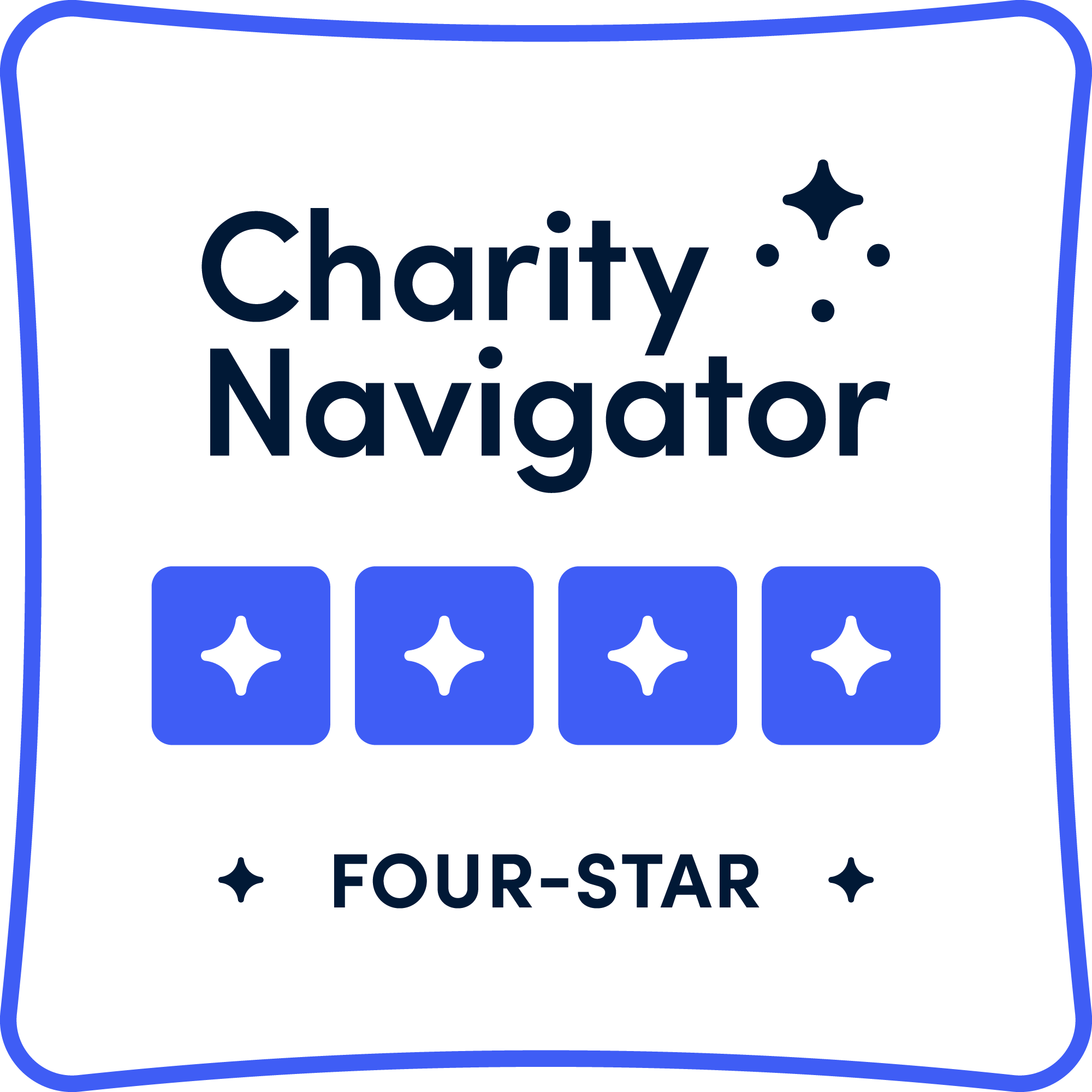Gift Acceptance Policies
Pledges and payments to Community Servings may be made using cash, credit card, transfer of appreciated securities, or payroll deduction. Other forms of giving to Community Servings, including grants, bequests, gifts-in-kind, and other assets, will be evaluated and approved by the agency Leadership.
GIVING RESTRICTIONS
Gifts committed to the agency, unless designated by the donor to a specific area, will be counted as unrestricted. Unusual circumstances, including gifts that have restrictions and/or conditions attached or that require Community Servings to assume liability or specific responsibilities will be reviewed by the agency Leadership.
GIFT ACKNOWLEDGEMENT
Community Servings will promptly recognize every donor for their gift. Thank you letters should be sent within two weeks of the gift and either be signed by the CEO, CDO, or Director of Development.
Requests by donors to remain anonymous will be respected and no donor will be recognized publicly without their permission. Any changes in name or contact information should be tracked in Salesforce to ensure the correct name is used moving forward.
METHODS OF GIVING
The following giving methods shall be accepted and encouraged:
Bequests – Unrestricted bequests.
Cash Gifts / Pledges – These are the most common method of contributing. Cash gifts by check, credit card, wire, etc. give Community Servings the maximum flexibility in managing operating budget.
Charitable Remainder Trusts (CRT) – An arrangement in which money or property is irrevocably placed with a trustee with instructions to pay someone (typically the donor or a family member) a set percentage of the trust’s value. At a specified time (often when the person receiving the income dies), the property remaining (the “remainder”) can pass to the campaign. The following is some sample language that can be incorporated into CRUT documents to ensure gifts are unrestricted and can be allocated to Community Servings:
“At the termination of the unitrust period, the Trustee shall distribute all of the then principal and income of the trust to Community Servings, Inc. at 179 Amory St., Jamaica Plain, MA 02130 or at its new location if the organization has since relocated.
If Community Servings is no longer an organization at the time when any principal or income of the trust is to be distributed to it, then the Trustee shall distribute the then principal and income to one or more organizations as the Trustee shall select, and in the proportions as the Trustee shall decide, in the Trustee’s sole discretion.”
Please note, while the language provided is consistent with best practices, CS recommends both the donor’s attorney, and Community Servings’ attorney, review a draft of any CRUT, or planned gift such as a bequest or lead trust, to ensure all are comfortable with the language used.
Charitable Gift Annuities (CGA) –The CGA is an annuity that produces an annual fixed income at a rate determined by the donor at the time the gift is made. It is a simple contractual arrangement between the donor and Community Servings, unlike a CRT which is a legal trust. CRT are usually reserved for gifts of $100,000+ because of the greater costs associated with setting one up and, more importantly, with administering and investing it as a separate trust. Gift annuity contracts must be irrevocable and made through the agency, designating Community Servings as the beneficiary. Community Servings leadership must review and approve each Charitable Gift Annuity agreement and assure itself of the agency’s ability to honor the contract.
Non-cash gifts – In the event that a donor wishes to make a gift of non-cash items, agency leadership will evaluate the ability of Community Servings to make use of the gift.
Gifts-in-kind that are approved by Leadership and constitute a product or service that falls into the needs of the agency will be credited to the donor at the full fair market value. It will be the responsibility of the donor to secure an appraised value of any gift of tangible personal property or real estate including items that support the mission and those that do not help fulfill the mission (property that will be sold immediately to raise cash for support). Examples of gifts-in-kind that support the mission include food, kitchen equipment, office equipment, office supplies, etc. Examples of items that do not support the mission include jewelry, art work, antiques. These items, if accepted by CS will probably be sold immediately for cash to use for unrestricted purposes.
Other gifts of real property – For all gifts received, donors will be recognized for the appraised value upon receipt of the gift, unless determined otherwise by the campaign Leadership.
Charitable Lead Trusts (CLT) – An income producing asset placed in a trust, the income of which is contributed to Community Servings for a designated period of time, after which the trusted asset is returned to the donor or non-charitable beneficiaries named by the donor.
Corporate matching gifts – Matching gifts will be encouraged and soft credit will be provided to the donor in the proportion designated by the matching gift arrangement. Donors will be responsible for supplying the necessary forms to the company to request contribution matches in each given year.
Donor-Advised Funds – Community Servings gladly accepts contributions from Donor-Advised Funds (DAFs) in accordance with IRS regulations and donor intent. Community Servings cannot provide goods, services, or other return benefits in exchange for a DAF gift, and donors may not use DAF grants to fulfill legally binding personal pledges. Contributions from DAFs can support general operations, specific programs, or restricted purposes if aligned with Community Servings’ policies. Our agency reserves the right to decline any DAF grant that does not align with our mission, values, or legal requirements.
Gifts of closely held stock – A gift of stock of a private or family-held corporation. Gifts of closely held stock exceeding $10,000 will be receipted at the fair market value placed on them by a qualified independent appraiser as required by the IRS for valuing stock that is not publicly traded. Gifts of less than $10,000 may be valued either at the per share cash purchase price of the most recent transaction or the value as determined by a qualified independent appraiser.
Gifts of publicly traded securities – A gift of stocks or bonds, which is (or will be) readily marketable. It is Community Servings’ policy to submit a sell order for all publicly traded securities as soon as shares are received. Marketable publicly-traded securities will be receipted at the average of the high and low market value on the date the donor relinquishes control of the assets in favor of Community Servings or other valuation techniques approved by the IRS.
Life insurance policies – Existing whole life/universal life insurance policies that have accrued a cash value. To accept gifts of life insurance, Community Servings must be the owner and irrevocable beneficiary of the policies, and must not be obligated to make additional premium payments in order to keep the policy in force.
Planned or deferred giving vehicles – Bequest intentions, commitments of unpaid insurance policies, and other revocable deferred gifts will be recorded as future expectancies of the organization at the value established in writing by the donor through a bequest intention form, a contract to make a will, or a copy of appropriate sections of the will or the insurance or trust document, etc. Such revocable gift commitments will be permanently commemorated, subject to the donor’s specific request and intent, only when the funds are irrevocably committed to the organization or when the gift matures.
Qualified Charitable Distributions from Individual Retirement Accounts –Community Servings gratefully accepts Qualified Charitable Distributions (QCDs) from Individual Retirement Accounts (IRAs). Donors aged 70½ or older can make annual tax-free gifts directly from their IRA to Community Servings. A QCD may count toward your required minimum distribution (RMD), if applicable, while also reducing your taxable income.
We recommend consulting your financial advisor to determine how a QCD may fit into your charitable giving and tax planning.
To make a QCD donation:
- Contact your IRA custodian to request a direct transfer to Community Servings.
- Ensure the check is made payable to Community Servings, Inc.
-
Notify our Development Team about your incoming gift via email or phone.




